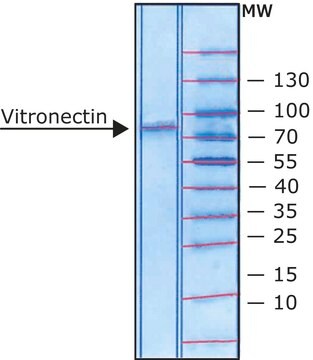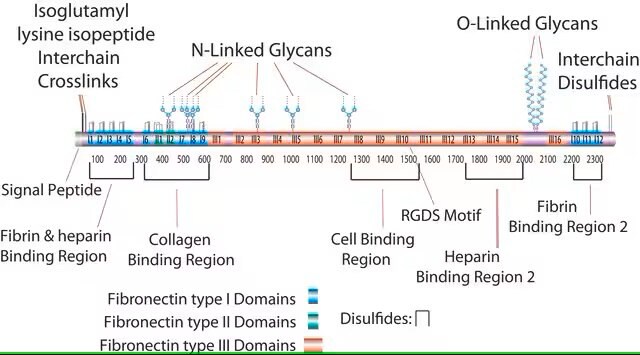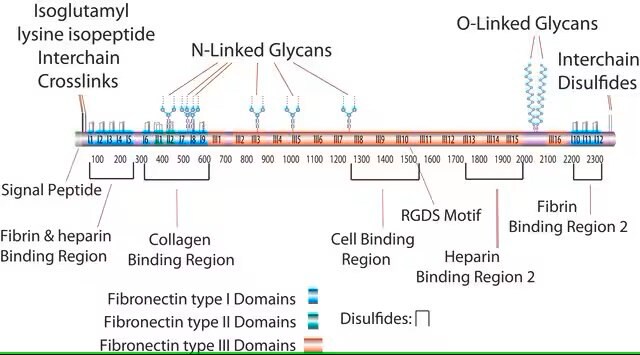SRP3186
Vitronectin human
recombinant, expressed in HEK 293 cells, ≥95% (SDS-PAGE), ≥95% (HPLC), suitable for cell culture
Synonym(s):
Epiboin, S-Protein, Serum-spreading factor, V75, VTN
About This Item
Recommended Products
biological source
human
Quality Level
recombinant
expressed in HEK 293 cells
assay
≥95% (HPLC)
≥95% (SDS-PAGE)
form
lyophilized
potency
≤0.5 μg/mL EC50
mol wt
52.2 kDa (calculated)
packaging
pkg of 250 μg
technique(s)
cell culture | mammalian: suitable
impurities
<0.1 EU/μg endotoxin, tested
color
white
solubility
water: soluble
NCBI accession no.
UniProt accession no.
shipped in
wet ice
storage temp.
−20°C
Gene Information
human ... VTN(7448)
Related Categories
General description
Recombinant human Vitronectin is a protein consisting of 459 amino acids. It exists in two forms: a single chain and a clipped form consisting of two chains held together by disulfide bonds resulting from an endogenous cleavage. Recombinant vitronectin can function as a chemically defined matrix component in human embryonic stem cell renewal media.
Application
Biochem/physiol Actions
Features and Benefits
- Human-derived vitronectin
- Produced through recombinant expression in HEK 293 cells
- Low endotoxin levels
Sequence
Physical form
Reconstitution
Other Notes
Storage Class
11 - Combustible Solids
wgk_germany
WGK 3
flash_point_f
Not applicable
flash_point_c
Not applicable
Certificates of Analysis (COA)
Search for Certificates of Analysis (COA) by entering the products Lot/Batch Number. Lot and Batch Numbers can be found on a product’s label following the words ‘Lot’ or ‘Batch’.
Already Own This Product?
Find documentation for the products that you have recently purchased in the Document Library.
Customers Also Viewed
Protocols
Vitronectin can support cell adhesion through binding to various integrins and other proteoglycans. This protocol is for coating a 96-well plate and other surfaces.
Related Content
Defined culture conditions. Consistent growth of human cancer cell lines in PromoCell’s serum-free/xeno-free Cancer Cell Line Media-XF. Explore over 350 PromoCell products on Sigma.com
Our team of scientists has experience in all areas of research including Life Science, Material Science, Chemical Synthesis, Chromatography, Analytical and many others.
Contact Technical Service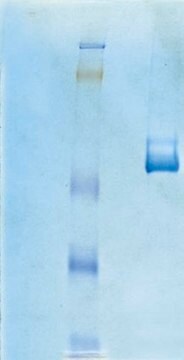
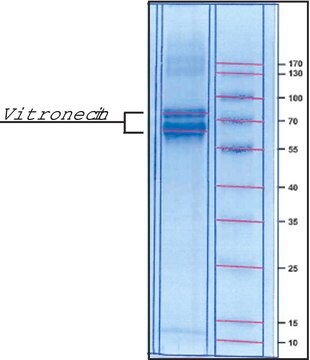
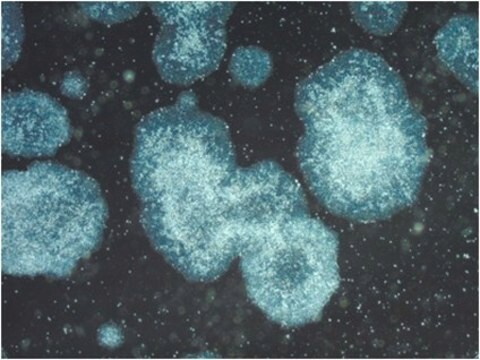
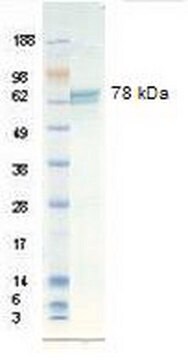

![PI3 kinase [p110a(H1047R)/p85a] Active human recombinant, expressed in baculovirus infected insect cells, ≥60% (SDS-PAGE)](/deepweb/assets/sigmaaldrich/product/images/334/500/65fbd270-7793-4e9c-b01b-16df64b1231d/640/65fbd270-7793-4e9c-b01b-16df64b1231d.jpg)
